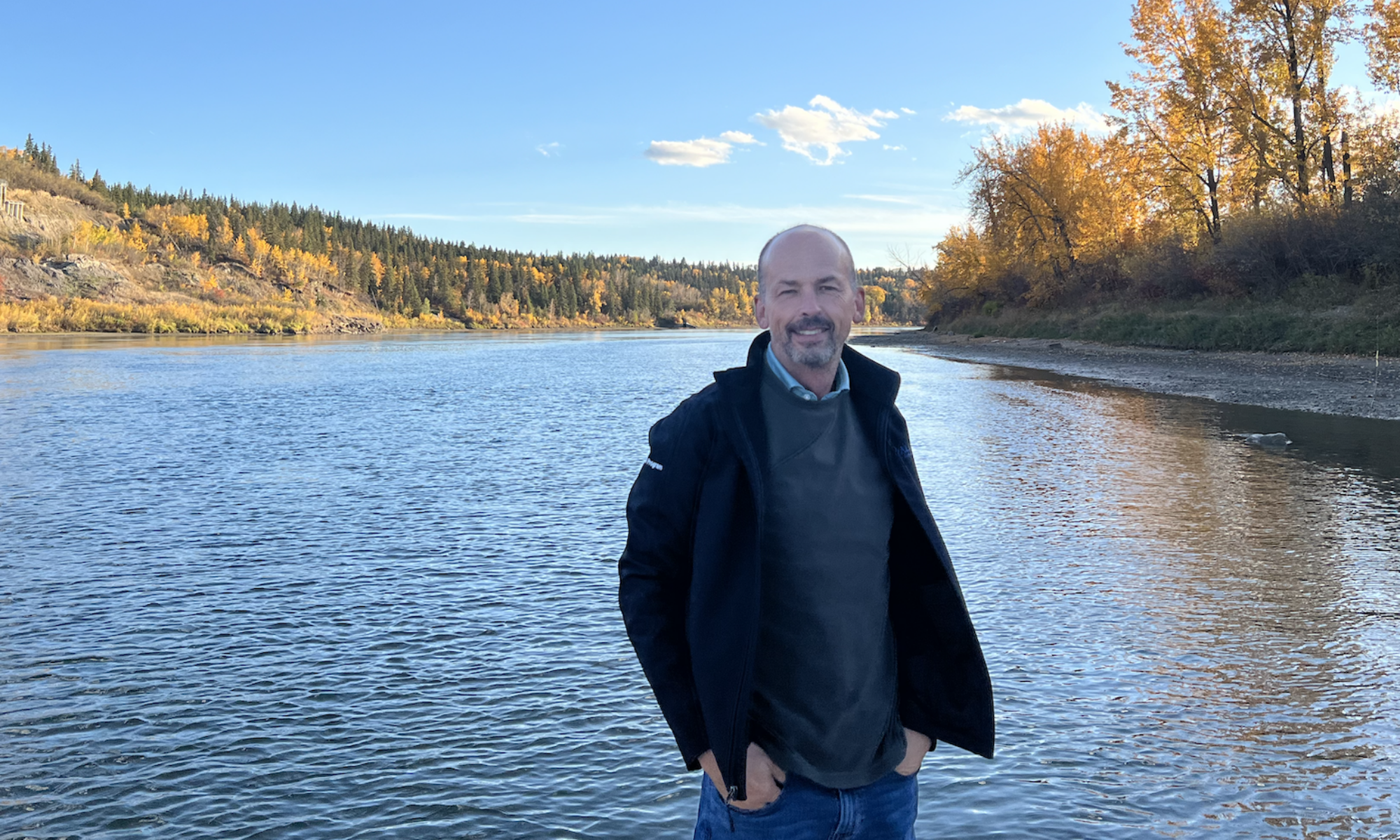I work as a consultant. Often I reference myself as a facilitator. I’ve found this an easy way to start talking with people. I design and lead meetings. Why? To help people be smart together. All of my work is from a participative leadership perspective. Living systems, self-organization, and emergence inspire my work. This is one version of a simple starting description that is authentic for me.
I learned something important this week in working with a client. On the surface, it appeared to be personal. And perhaps silly. Yet it has extreme relevance to the professional. And feels quite seriously helpful. Interesting how this is often so. Like a professional coach or partner showing up right before us through the experience of the seemingly unrelated personal.
I was with a corporate client. We had finished our event, three days together in a leadership retreat. It was fairly involved, mixing together dynamics and needs of third and fourth generation family owners, senior management, and external directors on their board. It was time to say goodbye. Some shook hands. Some hugged.
As I approached one person, she somewhat jokingly said, “Do I have to hug you?” I’m a hugger. Very comfortable for me. I responded playfully, yet honestly. “You don’t HAVE to hug me, but you are welcome to.” She had already reached out to hug before I’d finished speaking. “Oh good,” is what I said. We both laughed.
Through reflecting on that personal experience some important principles crystalized in me that are good for the professional. I see them as important, reaching principles of invitation, welcome, and freedom for working in participative leadership formats. And as a practice of kindness.
1. Differentiation
I don’t really know what to call this, but this is the best I can find now. It is removing need. Perhaps decoupling. Removing requirement or obligation. It is a welcome of an individual or group to be where s/he or they feel they need to be. It is removing any of the imposition that I might subtly have of wanting them to want what I want. With my story, an energetically clear, “if you need to not hug, then don’t.” In organizations and with teams, a deep and significant invitation for them to reclaim their freedom and authenticity. For those of us who are consultants, this helps us pay attention to the distinction of what we want (or want them to want) and what they need. I often experience this through the process methodology of Open Space Technology. I often describe OST as a simple process for creating self-organized working groups. Yet, at deeper levels, it is an invitation to reclaim freedom of choice. And something in that, though different as operational practice, is kind.
2. Appreciating
Appreciating the person or the group being in their learning. Whatever that might be for them. This is of course related to the differentiation. It is honoring the individual place and timing of learning. Of observing. Of sense-making. In my story, it was honoring, the place of learning for that person, even if it might be different than mine. Celebrating it. High-fiving it. Way to go. Brought forward from the awareness of a smart and thoughtful person before me. A good, capable human being. Not needing that person or organization to be in my learning, but rather in hers / theirs. This is a kind of Bodhisattva positioning that seems grounded in appreciation of that persons journey. It is not just tolerating another persons learning, but trusting the right-timing of it for that person.
3. Offering
This is kindness and responsibility to me. A responsibility of kindness even. It is what ties together the differentiation and the appreciation. It offers the kindness of welcoming the person to their own timing of readiness. The offer is, “If you want to invite me in to exploring more of that with you, you are welcome to do so. As a listener. As a witness. As a friend. As a thinking partner.” It is important to note that this is not a requirement. And that it must be genuine. Perhaps it is more kind not to offer when the offer is not genuine. Hmmm…. Just an offer that encourages people to notice the resources and the kindness around them. It is interesting to me that there is some relationship to this principle and the intimacy of relationship. On the one hand, intimacy creates an already open channel for this to offering to be in place. And also, from another view, intimacy creates some blocks or old habits that are more hard to get past in these steps.
4. Empathy
Again, I’m not sure if this is the right word, but the best I can come up with for now. It is a kind of awareness that there are times when each of us are clear and, in this framing, could stand in clear differentiation, appreciation, and offering. However, as it seems so often, most human beings don’t stand there all of the time. There are times when I may need to ask for the first three things of you. To not need something from me. To simply appreciate and celebrate that I am learning or that I am being worked in ways that are helpful. And to welcome my ask for some help. It is a way of saying, “I’m good with where you are. And clear. And now I can offer something. At others times, it may not be so. I might ask the same of you.”
Yes, it’s all a personal story. Seemingly silly. But not, really. What if these were practices and understandings on teams, across teams. What if they were agreements of compassion and learning with each other. Agreements of honoring the natural timing and evolution of the things we need to work on together. Practices of kindness to bring out the best of us in the the best timing possible. That all feels… helpful to me. And inviting.



